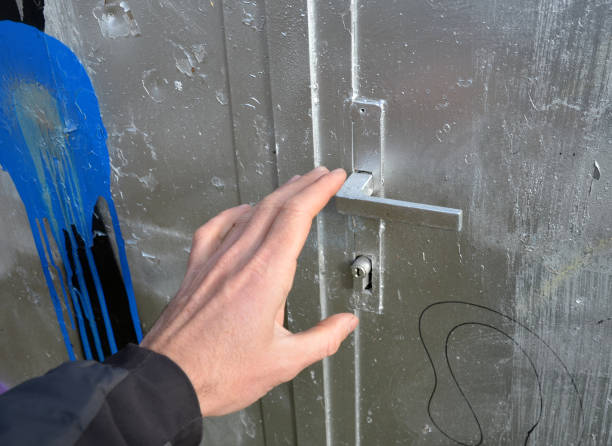In the ever-evolving landscape of online security and fraud prevention, understanding the mechanisms behind cybercrime can offer invaluable insights. One of the more concerning trends in this space involves the illegal acquisition and use of sensitive financial information, such as CVV2 codes and credit card dumps. This blog will delve into how the BClub platform, known for its illicit activities, provides access to these high-quality resources and the implications this has for online security.
What is BClub?
bclub.st is an underground forum or marketplace that operates in the shadowy corners of the internet, often on the dark web. It serves as a hub for cybercriminals to exchange, sell, and trade various types of stolen financial information. Among the most sought-after resources on BClub are CVV2 codes and credit card dumps.
Understanding CVV2 Codes and Dumps
- CVV2 Codes: CVV2 (Card Verification Value 2) codes are the three-digit security codes found on the back of credit and debit cards. These codes are crucial for online transactions as they provide an extra layer of security. Cybercriminals seek CVV2 codes because they allow them to complete fraudulent transactions if they also have access to the card numbers.
- Credit Card Dumps: Credit card dumps are records of credit card information, which typically include the card number, expiration date, and sometimes the CVV2 code. These dumps are often acquired through data breaches, skimming devices, or other illicit means. They are valuable to criminals because they can be used to make unauthorized purchases or to sell on the black market.
How BClub Facilitates Access to CVV2 Codes and Dumps
- User Registration and Access: Gaining access to BClub typically requires an invitation or a specific registration process. Once inside, users can browse a range of illegal goods and services, including high-quality CVV2 codes and credit card dumps.
- Verification and Quality Assurance: BClub often includes mechanisms for verifying the quality and validity of the CVV2 codes and dumps being sold. This might involve seller ratings, feedback systems, and testing processes to ensure the data is fresh and usable.
- Market Dynamics: The marketplace is highly dynamic, with prices fluctuating based on the quality and demand for different types of financial data. High-quality CVV2 codes and dumps are priced higher due to their increased usability and reliability.
- Privacy and Anonymity: Transactions on BClub are conducted with a high degree of anonymity. This is achieved through the use of cryptocurrencies and encrypted communication channels, which help to conceal the identities of both buyers and sellers.
The Implications for Online Security
The availability of high-quality CVV2 codes and credit card dumps on platforms like BClub poses significant threats to online security:
- Increased Fraud Risk: With access to such data, cybercriminals can engage in identity theft, financial fraud, and other malicious activities that can impact individuals and businesses.
- Strain on Financial Institutions: The constant influx of stolen financial data forces banks and credit card companies to invest heavily in fraud detection and prevention measures, increasing operational costs.
- Need for Vigilance: For consumers, it underscores the importance of regularly monitoring their financial statements, using strong, unique passwords, and enabling multi-factor authentication to protect their accounts.
Conclusion
The bclub login process opens the door to a disturbing world where high-quality CVV2 codes and credit card dumps are traded among cybercriminals. Understanding how these platforms operate and the risks they pose can help individuals and organizations better prepare and protect themselves against the growing threat of financial fraud. By staying informed and adopting robust security practices, we can all contribute to mitigating the impact of such illicit activities.

